What to look for in a VPN in 2024
Guide to choosing a VPN service that matches your needs
Published on
As access to the internet becomes more and more widespread, choosing a Virtual Private Network (VPN) is becoming increasingly important. At the time of this writing, over 5 billion people use the internet in one form or another. This increased usage has also given a massive boost to all kinds of threats. Threats that are constantly evolving, and more numerous than ever.
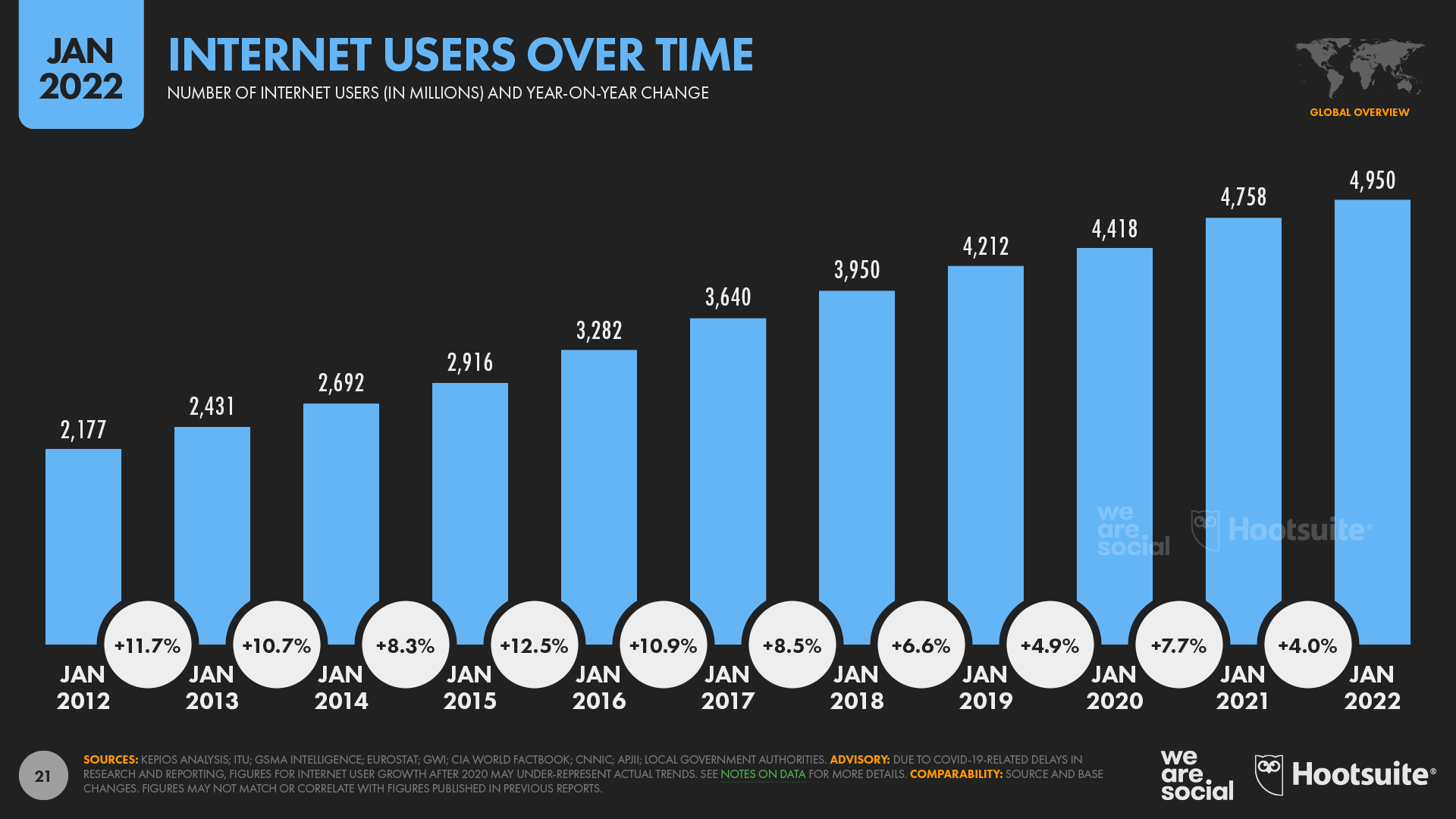
What is a VPN you might ask? A VPN, or virtual private network, is a secure, encrypted connection between two networks, allowing you to access private, as well as public networks, and share data securely. There are dozens of paid, as well as free services available for you to choose from, each with its own strengths & weaknesses. In order to make an informed decision when selecting a VPN, it is important to understand what features and considerations you should be looking for.
There are several factors to consider, including security, privacy, speed, price, reliability, and support. However, do not be intimidated, for in this post, we will discuss how to navigate this jungle, and find the best VPN for your needs.
1. Strong Security
Arguably, the most important factor to consider when comparing VPN services is security. With the recent emergence of 5G technology and the growing prevalence of the Internet of Things (IoT), cyberattacks have become more sophisticated and more dangerous. As such, it is of utmost importance to keep your data safe and secure.
All VPN services provide basic encryption and some level of privacy, but some offer more advanced forms of these than others. Here are some of the most important security features you should have:
256-bit Encryption
Not all encryption is created equal. There are many ciphers and methods for encrypting and decrypting data, and a lot of these are now considered weak or insecure. For the best security, we suggest sticking to services that provide 256-bit encrytion using the AES (Advanced Encryption Standard) specification. This is the type of protection that the banks, and the military use, so you can rest easy knowing that cracking it will be next to impossible.
End-to-end Encryption
The next thing to look for is end-to-end encryption. Without this, there is little point in getting the service since it exposes you to interception at a number of points along the way. You wouldn't want anyone, including the VPN service, to snoop in on your activities, so encrypting all sent data before it leaves your device, and decrypting received data only after it has reached your device, are essential.
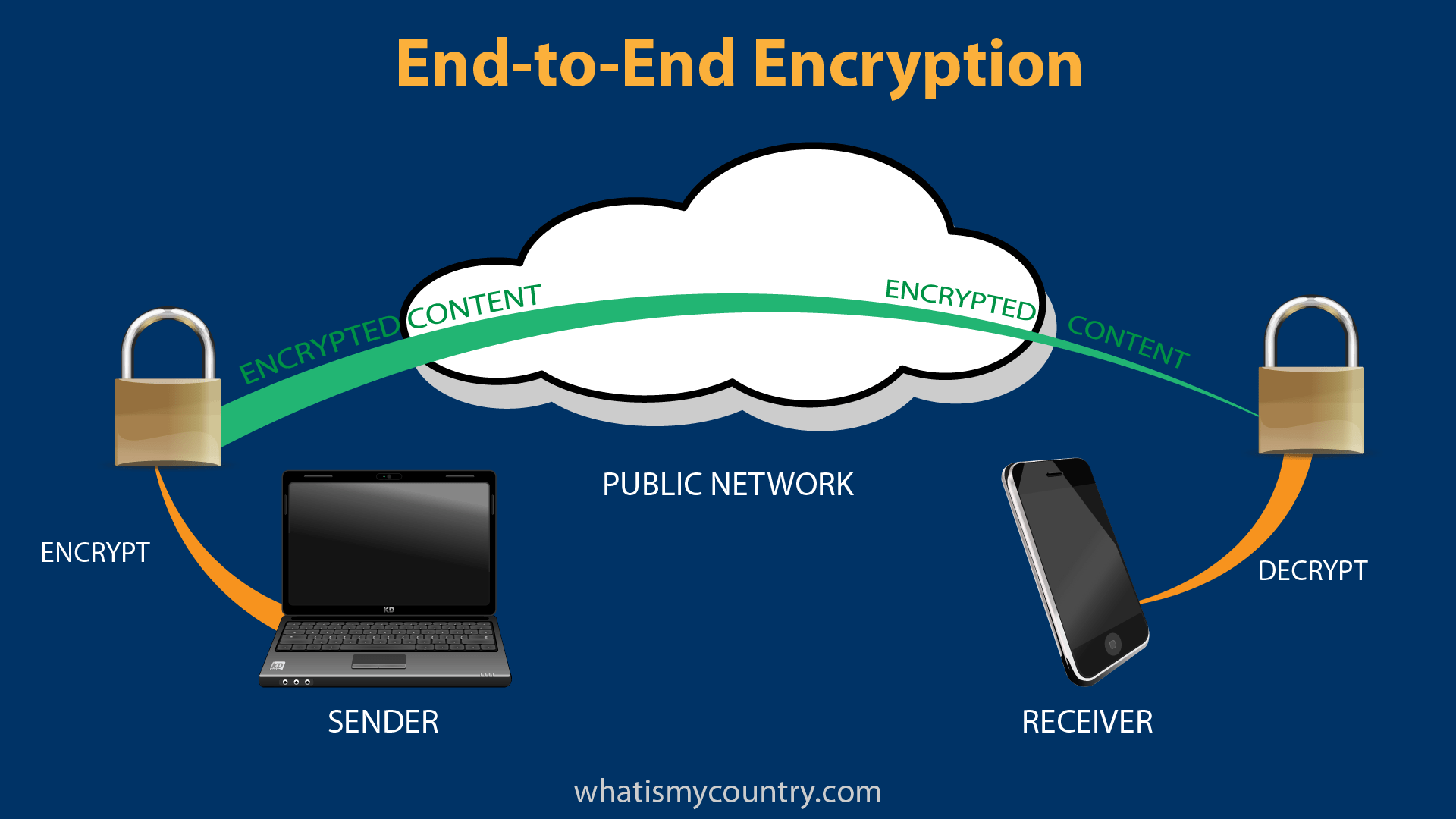
Diagram of how end-to-end encryption works Kill Switch Protection
Say that you are conducting your online activities, confident that your privacy & security are taken care of by the VPN, and suddenly the protection drops. This could happen due to any number of reasons such as network issues, problems with your device, or an outage with the VPN service. This would make you vulnerable, possibly without you even knowing.
A VPN with a kill switch feature will immediately disconnect you, until the protection is restored, or you decide to continue without it.
DNS Leak Protection
Each time you enter a website URL in your browser, click a link, or even open a web app, the first thing your device does is to query a DNS server to fetch the website's IP address. Since this server is usually with your ISP, they can keep track of the websites, or services you are using, even if they can't read the rest of the content you are sending or receiving. To prevent this leak, pick a VPN service that protects against it.
By taking all of the above-mentioned factors into account, you can be sure to find the most secure VPN service.
2. Privacy

Choosing a VPN in 2024 means ensuring that the service you're selecting has the most secure and up-to-date privacy protection available. The VPN should have a robust privacy policy in place that clearly outlines what data is collected and how it is used. It should also be clear about any logs it keeps. The best VPNs will also have a "no-logs" policy.
A VPN with a strict no-logs policy is important because it ensures that no records are kept of your online activity. This means that even if the VPN service is subpoenaed or requested to hand over data, there will be nothing to give. This is important for users who value their privacy, as it prevents any data from being collected or stored that could be used to track their activity. Additionally, it prevents a VPN provider from selling user data for marketing or other purposes.
3. Network Speed
Let's say that you have a super fast Internet connection, and the websites you are accessing are also hosted on multiple, state of the art networks. If your VPN service is on a slow, unreliable connection, or is maxed out on its bandwidth, it will act as a bottleneck. It would be the same as putting a checkpoint on a superhighway, slowing down traffic to a crawl. Speed is usually the second biggest problem with free VPNs (after privacy), but can also be an issue with paid services.
As more and more devices become connected, the amount of data being sent and received over the internet will also continue to increase. A VPN that offers fast speeds can help ensure that you have a secure connection, even during periods of heavy traffic. Whever possible, try out a VPN to see how it performs before making a full purchase.
Look for a VPN provider that offers unlimited bandwidth, so you won't have to worry about speed throttling or buffering. Also, make sure the VPN uses fast & efficient encryption protocols that don't degrade performance. Finally, consider a VPN that offers split tunneling, so you can prioritize the traffic you want to send through the VPN. This will help you get the most out of your internet connection.
4. Price
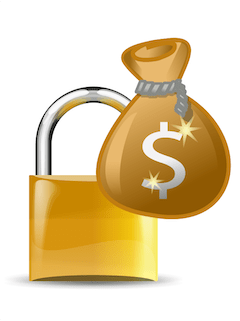
There are many options for VPNs on the market, ranging from completely free services to more expensive, premium ones. It's important to consider how much you're willing to spend and how much value you'll get from a VPN service.
Free VPNs may seem like an attractive option, but they often come with limited features, slower speeds, and privacy concerns. On the other hand, premium VPNs may cost more, but they are usually worth the extra cost, providing a lot more features, blazing speeds, and better security. It's important to weigh the pros and cons of each option to determine which one is right for you.
Another important factor to consider is whether or not you need a VPN with multiple devices or if you only need one for a single device. Some services offer discounts for multiple devices, so you may be able to save money if you intend to use the service regularly on more than just your phone or laptop.
Also read through the terms of service and privacy policy of any VPN service before making a purchase to make sure you are really getting what you are paying for.
5. Reliability
The last thing you want is to invest in a VPN that turns out to be unstable or unreliable. When evaluating different VPNs, start by looking for reviews that focus on reliability. Many VPNs offer reviews from customers who have actually used the service, which is a great way to get an honest opinion from people who have firsthand experience. Additionally, look for reviews from independent sources such as tech bloggers and websites that review VPNs. They may provide an unbiased opinion about the reliability of certain VPNs.
You should also consider the VPN's uptime percentage, which is the amount of time it is available and running. The higher the uptime percentage, the more reliable the VPN is. Check that the VPN offers a money-back guarantee in the event that it turns out to be unreliable.
6. Compatibility
Many VPNs are available for Windows, Mac, iOS, and Android, but you may be using a device, or OS version that your desired VPN does not support. Check to make sure the one you are considering is compatible with all the devices you intend to use it on.
7. Network Size and Endpoints
Why bother paying a third party service, when you could setup your own VPN or proxy server on the cloud, or in a remote data center? Because one advantage of these services is the global network that they span across. A larger server network means more options for connecting to different servers in different countries, giving you more choice and flexibility while you are online.
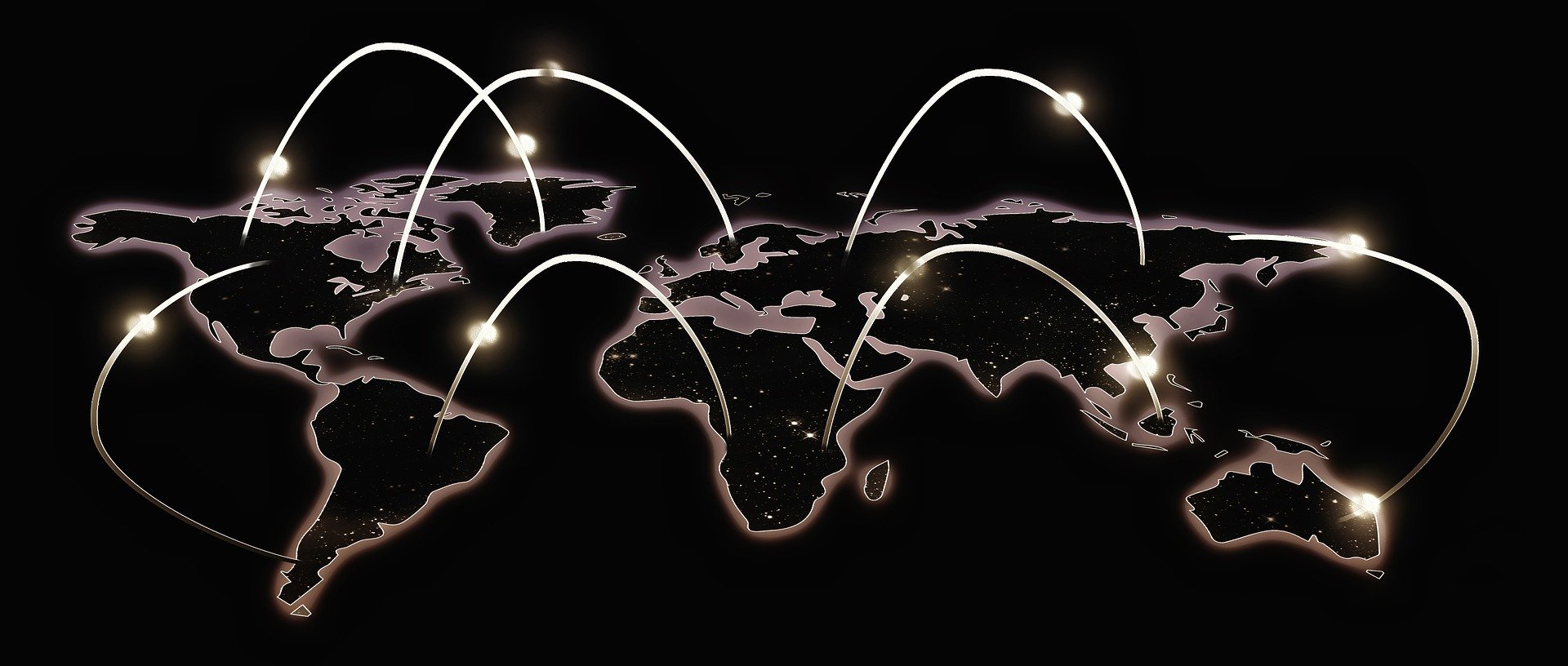
A common use case for VPNs is to view content that is only available in certain countries. If a VPN service does not have an endpoint in that country, this will not be possible. More endpoints are also helpful in case there is an outage, or unexpected traffic on one node. You could just switch to another for better performance.
On the flip side, very large networks are harder to maintain, and could still leave you vulnerable if the service does not have a strong tech team, and a good track record. Look for a VPN with good reviews, and end points in the countries you need the most, so you can access whatever content you need, whenever you need it.
8. Support
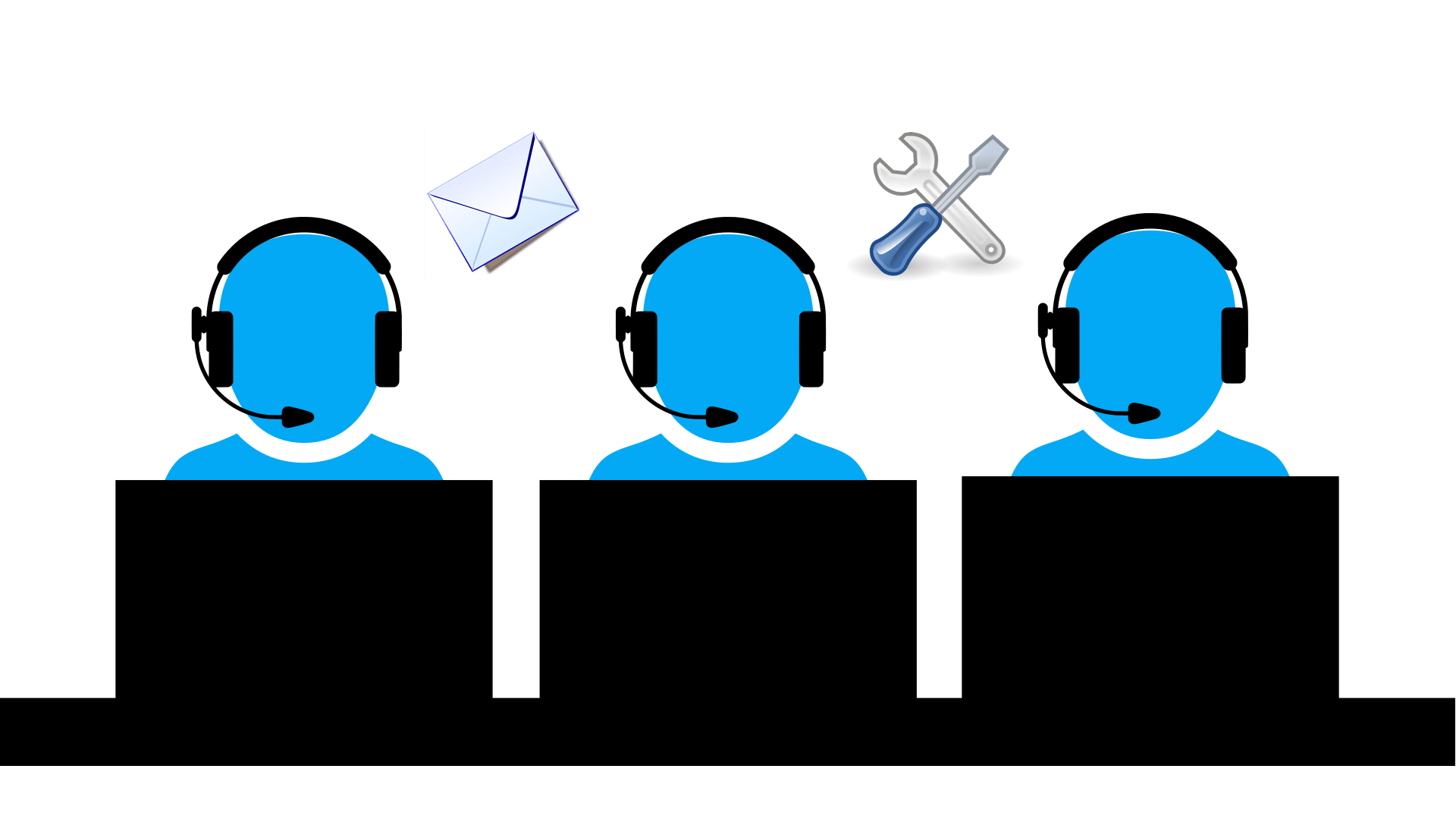
Look for a provider that offers 24/7 live chat, email, and phone support. This way, you'll have access to help anytime you need it. Additionally, look for FAQs, tutorials, and reviews from other customers that can give you an idea of the level of support they provide. Choosing a VPN with excellent customer support can help you feel more secure and confident in your security decisions.
9. Other Features
Lastly, look for services that offer a range of features, such as unlimited data, unlimited devices, and the ability to connect to multiple locations. Some services also offer bonus features, such as ad-blocking, malware protection, and more. Consider these additional features when selecting your VPN and factor them into your decision.
10. Are Free VPNs Worth It?
We have mentioned free VPNs in a few places above. Although technically, they can hide your original country, or allow you to access blocked content, there are risks that you should be aware of. Without a solid no-logs or privacy policy, they could be keeping track of all your activities. If a government or law enforecement were to petition them, they would be legally obligated to give up this data.
Such VPNs could also introduce malware to your device, or hijack your browsing, often without you being aware of it. Are those popup ads you are seeing coming from the sites you are on, or from the VPN? It's usually hard to tell. At the very least, they could sell data, such as your browsing history, to advertisers.
In terms of performance, free VPNs rarely provide a good online experience. You will be left with slow browsing, or switching to different servers to find the least problematic one.
We recommend that you avoid free VPNs whenever possible. Only go for a free VPN if you absolutely need it, and do not have any other choice.
Conclusion
Selecting a VPN is a big decision and should not be taken lightly. There are many factors to consider, including security, privacy, speed, price, reliability, and support. By doing your research and taking the time to evaluate the different options, you can make sure you are selecting the best VPN for your needs.
You are free to choose any VPN service that best suits you. In our case, we believe that NordVPN is one service that satisfies these criteria. Click the link below for an amazing offer from one of the premiere VPN providers:
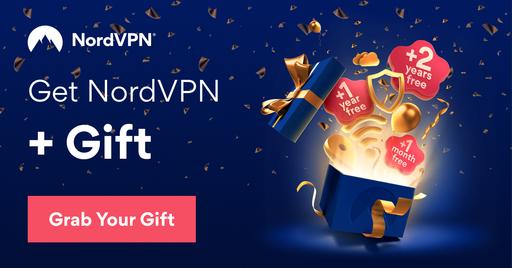
Let us know in the comments what you thought of this guide, and if it helped you make a decision. We appreciate you making it all the way here, and value your feedback.